The "resurrection" of the European Super League: the key judgment provides a legal basis, and the competition system is changed & the giants are fully promoted
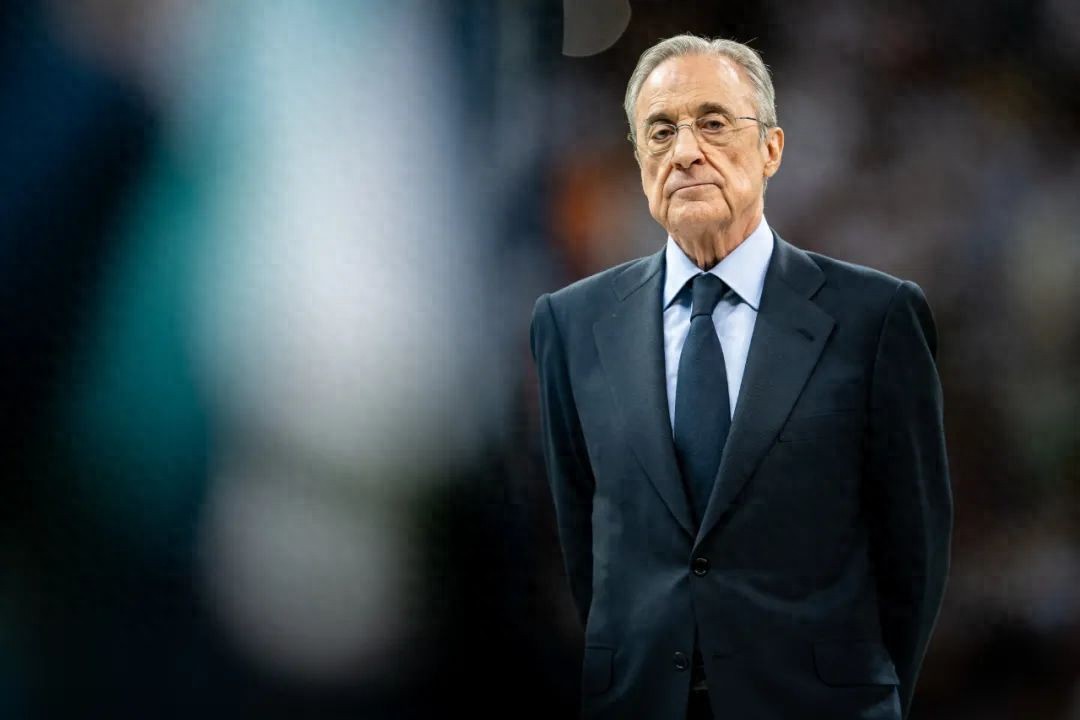
The reporter reported coldly In September 2025, the once-"disappeared" European Super League may indeed be born in European football. This is not a joke, but a very likely "super resurrection" after nearly a year of active operation of the European Super League.
On November 24, at the General Assembly of Real Madrid, Real Madrid President Florentino took the lead in declaring that "the European Super League still exists"; On December 5, the Spanish newspaper "World Sports" reported in detail the latest developments of the European Super League, and European football was in an uproar.
Although the participating clubs, formats, broadcasters, and bonuses have not yet been finalized, the UEFA Super League has a clear start time: September 2025 at the earliest, and September 2026 at the latest. The "super resurrection" of the European Super League means that the battle for European football dominance between the giant clubs and UEFA will also enter a real white-hot stage.

In December last year and in May this year, the European Court of Justice and the Commercial Court of Madrid ruled against UEFA's intervention in the European Super League. The two decisions ruled that UEFA penalized UEFA for violating the EU Functioning Treaty for "anti-competitive and abuse of market dominance". Although the verdict also did not explicitly affirm the legitimacy of the European Super League, the European Super League organiser A22 insisted that the two judgments had confirmed the legitimacy of the creation of the European Super League. They also argue that with these two judicial supports, even clubs that have been pressured to withdraw by UEFA and the UK government will still be legally bound by the UEFA Super League as long as they have signed a UEFA Super League agreement.
After a lot of opposition to the previous format, A22 has completely revamped the UEFA Super League format. The new UEFA Super League will be divided into three levels: Star League, Golden League and Blue League, and the Star League is made up of 16 top clubs, divided into two groups to play the group stage, with a total of 14 rounds of home and away. The top four teams from each group advance to the knockout stages and need 19 games to win the title, two more than the Champions League, which has been expanded this season. There are 16 teams in the Golden League and 32 teams in the Blue League, with as many as 20 teams relegated each season in the Blue League. In order to garner more support, A22 prefer to leave room for small and medium-sized clubs like Bayer Leverkusen or Lille who have achieved good league results, i.e. there is a relegation system at all three levels.
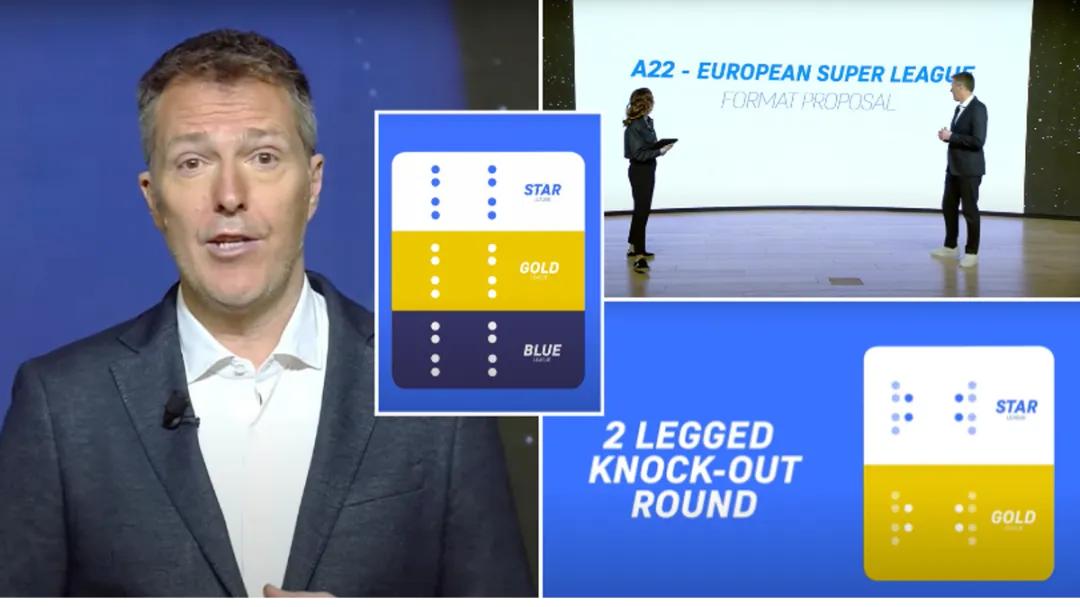
A22 is said to have reached out to more than 100 clubs, with 60 expressing strong interest in the new version of the European Super League. While Grand Paris, Bayern and Manchester City have explicitly refused to join, A22 has expressed confidence that it will convince Bayern. If Manchester City loses the Premier League's financial fairness lawsuit, they cannot rule out joining the European Super League. A22 promises UEFA Super League clubs access to rights, bonuses and commercial income far beyond the Champions League, and A22 is even developing a free-to-air streaming platform that can generate between €1 billion and €2 billion in additional commercial revenue per season.
As A22 Chairman Lehart said: The real attraction of the European Super League is the quality, not the quantity. The UEFA Super League ensures that matches are played in midweek so that they do not clash with the participating clubs' home leagues. They are also considering reducing the number of matches at the same time, which is in stark contrast to UEFA and FIFA's increasing number of matches.
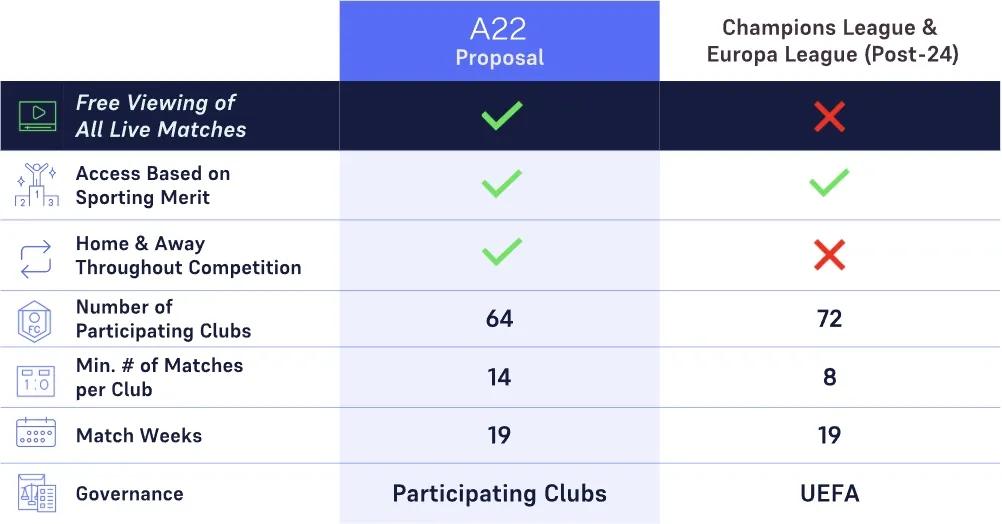

The UEFA Super League is on the move, but UEFA isn't sitting still. Less than a month after the decision of the Commercial Court of Madrid on 27 May, on 21 June, UEFA issued new rules governing the authorisation of international club competitions.
The rule, which is based on Article 51 of the UEFA Statute, stipulates that the organisation of official matches of non-UEFA-led European clubs in Europe requires prior UEFA approval. Requests for authorisation from tournament organisers must be made 12 months prior to the expected start date of the tournament and will be reviewed, approved or rejected by UEFA, including detailed criteria for the organisation of the tournament.
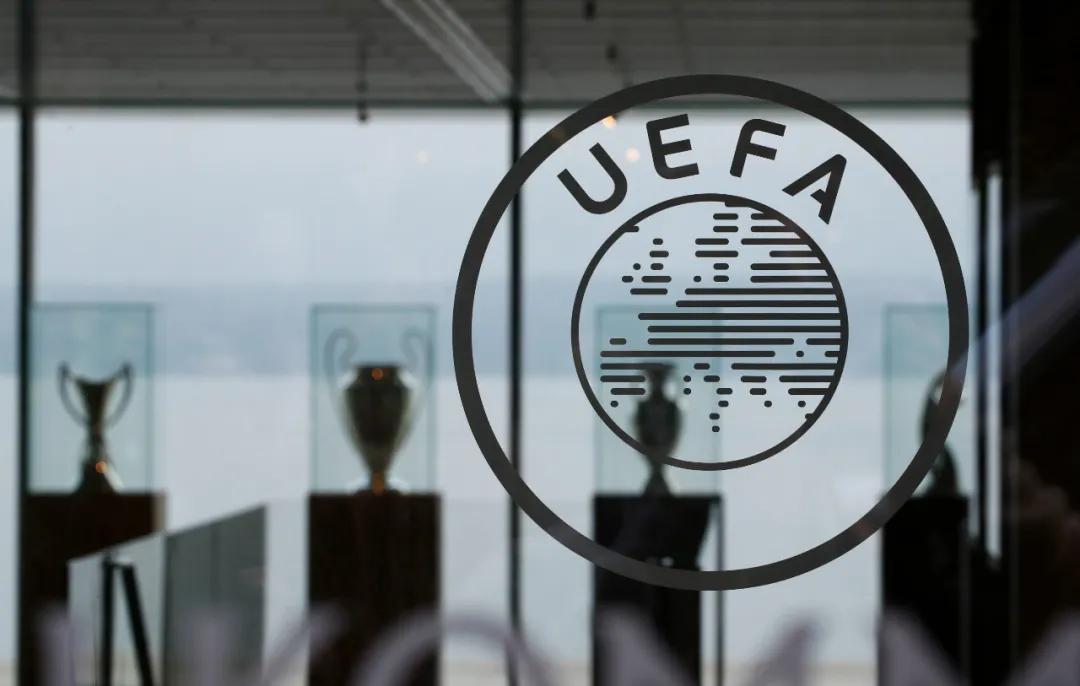
UEFA considers the rule to be sufficient evidence that it has a sufficiently transparent, objective and open framework for the organisation of European club competitions to circumvent the CJEEU's allegations of "anti-competitive and abusive market dominance". While it remains to be seen whether the new rule will be accepted by the Court of Justice of the European Union and the European football community, it at least proves that UEFA is ready for a protracted battle with the UEFA Super League in court.
As early as September, UEFA President Ceferin stressed that all discussions about the European Super League are nonsense, and UEFA will do everything in its power to defend the existing framework of European football and ensure that European club football will not be "hijacked" by the European Super League, which is monopolized by the giants. UEFA has launched a new European third-tier league this season, which is actually compromising with the European giants. The hugely increased total prize money (€2.0-2.5 billion) and the Swiss round format with an increase in the number of big club matches (6 to 8) are essentially moving closer to the European Super League. Helplessly, the European giants led by Real Madrid and Barcelona still insist on kicking out UEFA in order to grab more copyrights, bonuses and commercial income.
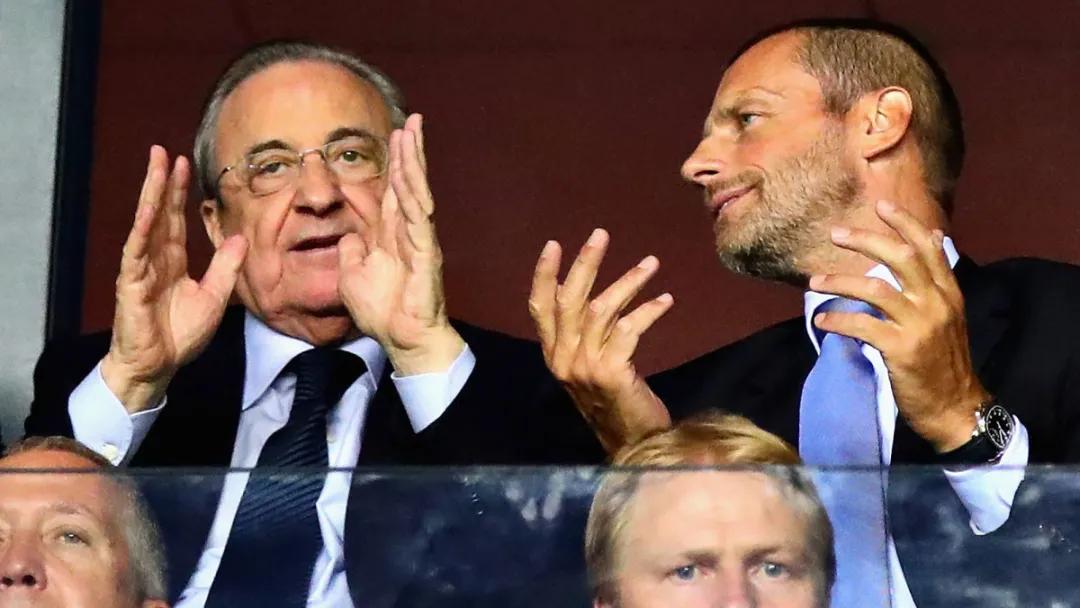
The battle for European club dominance between the capitalists, the big clubs and UEFA is heating up and will have a profound impact on European football for at least the next year or two. What does the future of club football look like in Europe? Is the UEFA Super League a blessing or a curse for European football? Only the future will judge.
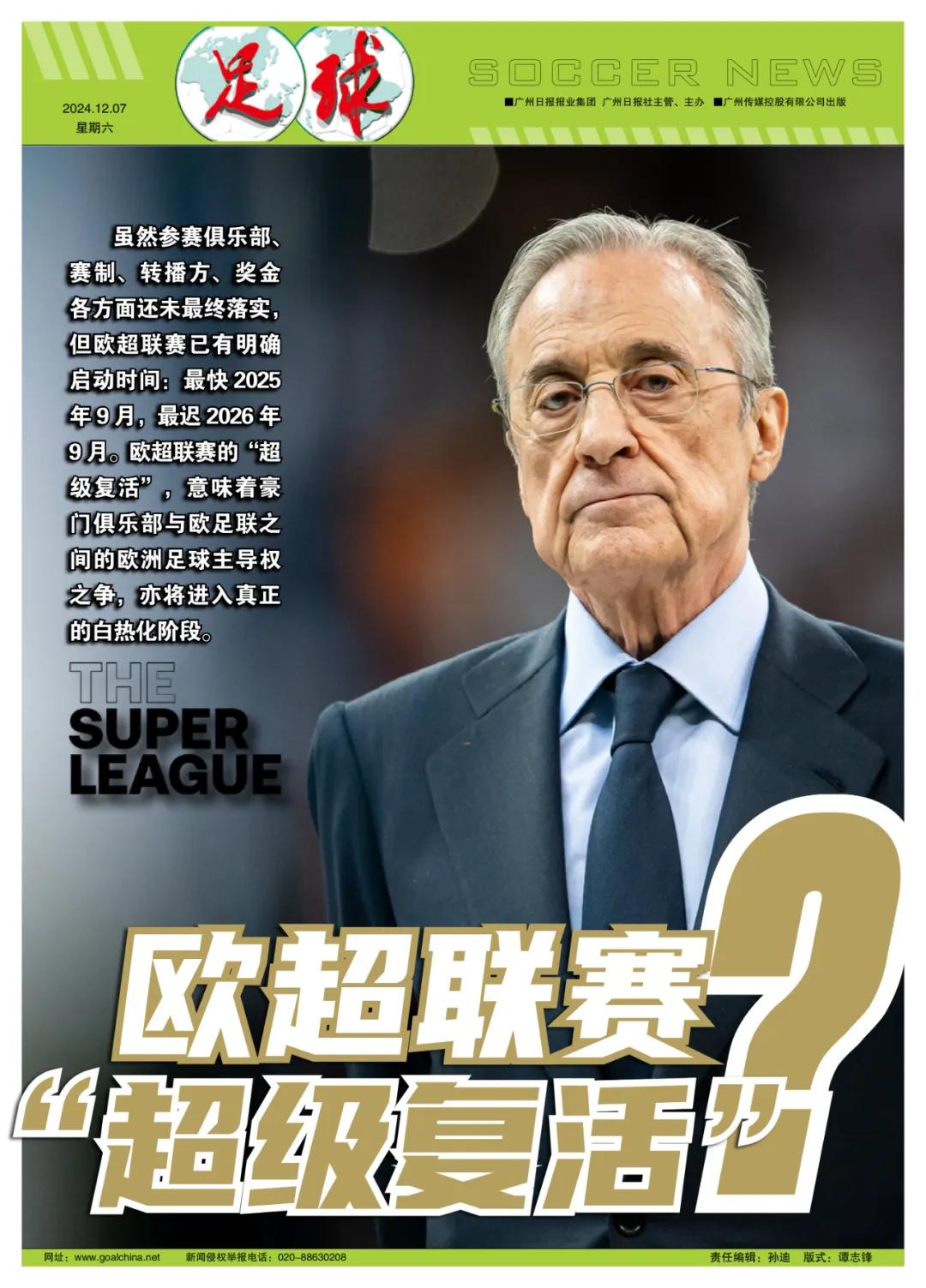


Wonderfulshortvideo
Did you get it? 🤔😅


Haaland’s movement 🥵


Which counterattack is


When you use your girlfriends shower 🚿 @Emily Bourne @LUSH


Neymar highlights neymar edit neymar lamine yamal celebration


Arsenal 1-0 chelsea havertz goal


Lamine Yamal wizardry 🪄








 Links
Links
 Contact
Contact
 App
App


